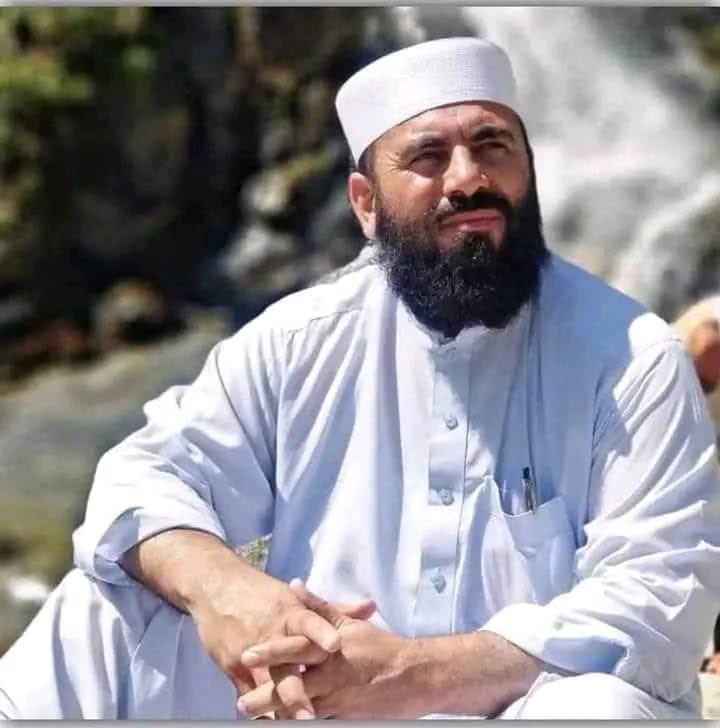ISLAMABAD: A district court in Islamabad on Saturday cancelled the arrest warrants of former Prime Minister Imran Khan in a case involving the sale of state gifts, after he marked his attendance outside the Judicial Complex in Islamabad.
Khan was scheduled to be indicted in the case, commonly known as the Toshakhana reference, but the court had to adjourn the proceedings after clashes broke out between his supporters and law enforcement personnel outside the complex.
The district judge, Zafar Iqbal, allowed Khan to go back after signing the attendance roll since the ex-PM could not move to the courtroom amid intense teargas shelling by the police and stone pelting by his supporters.
Khan remained seated in his bulletproof vehicle that was parked at the entrance of the Judicial Complex while hundreds of his supporters also managed to reach the area after breaking the security cordon.
“Ask Imran Khan, there is no need for stone pelting or anything else. Sign [the attendance roll] and leave,” the judge directed his judicial staff at a time when it was becoming difficult to breathe in the courtroom due to intense teargas shelling outside.
“The hearing and appearance [of Khan] cannot take place in this situation,” he continued before adjourning the hearing until March 30.
The court previously issued Khan’s arrest warrants in the case after he failed to attend its hearings.
The judge rejected Khan’s exemption from the next hearing and ordered him to appear in person to join the proceedings while responding to a request from his legal team.
Reacting to the development, the country’s interior minister Rana Sanaullah said Khan had been enjoying “extraordinary relief” from courts.
“A lot of people who were trying to invade the Judicial Complex in Islamabad today were armed as shown in videos, which were mostly shot by media personnel, so there is no doubt that they were armed,” he added.
The government banned public gatherings in Islamabad and adjoining Rawalpindi city ahead of Khan’s appearance in the court and sealed the Judicial Complex with shipping containers to stop the entry of PTI supporters there.
About 4,000 security officials of Islamabad and Punjab Police, Frontier Constabulary, and Rangers were also deployed in and around the complex when Khan’s convoy arrived from his residence in Lahore to the Pakistani capital.
The security personnel were armed with teargas shells, paintball guns, batons, and zip cuffs to deal with the PTI supporters. Prison vans and ambulances were also deployed outside the complex building.
Media and law enforcement personnel were present in the area since morning where a large crowd of Khan’s supporters later arrived with his motorcade and started pelting stones at the police.
The charged crowd chanted slogans in Khan’s favor and managed to enter the premises by repelling the law enforcement personnel wearing the riot gear. The police kept firing teargas shells on the crowd, including women, intermittently but failed to disperse them.
Some PTI supporters and police personnel also sustained injuries during the clashes.
The Islamabad Police claimed in a statement that as many as nine police personnel were injured while the mob set over 25 motorbikes on fire.
Khan has been leading nationwide protests since his ouster from power in April last year. He has been pressing his successor, Prime Minister Shehbaz Sharif, to call early national elections that are otherwise scheduled to be held later this year.


















